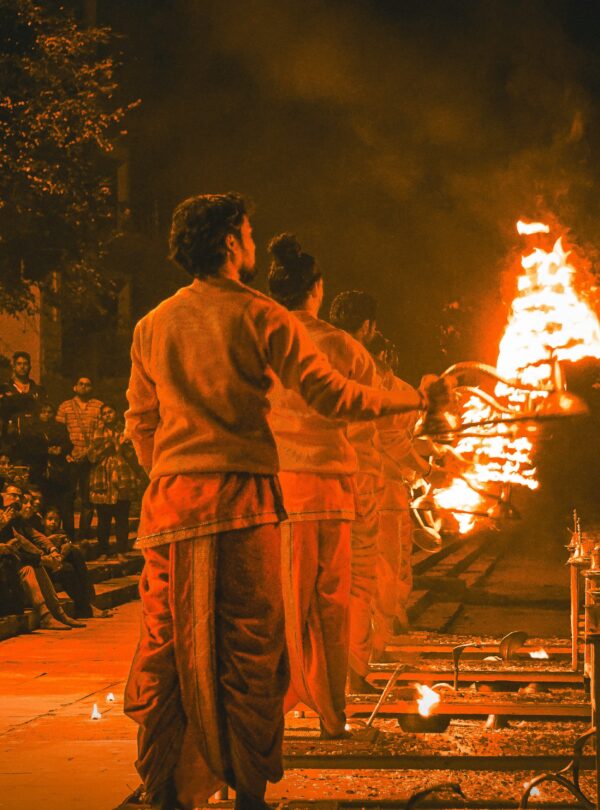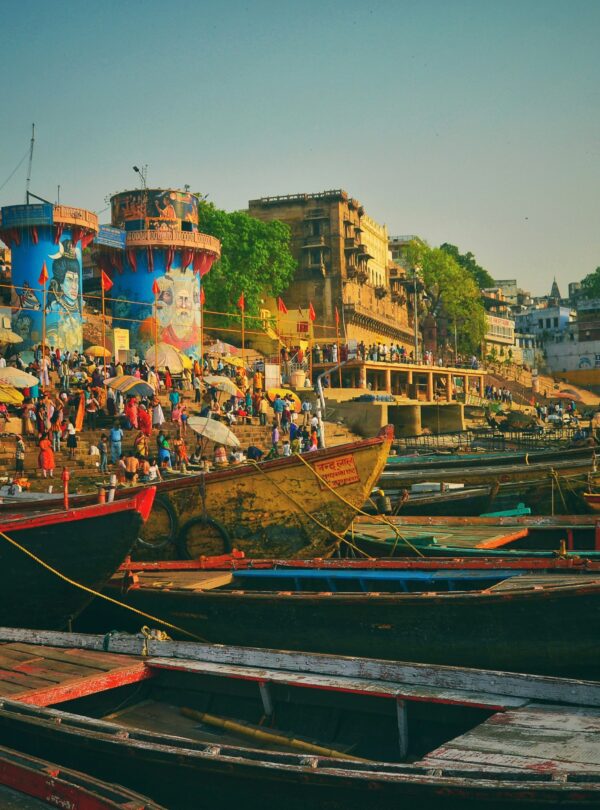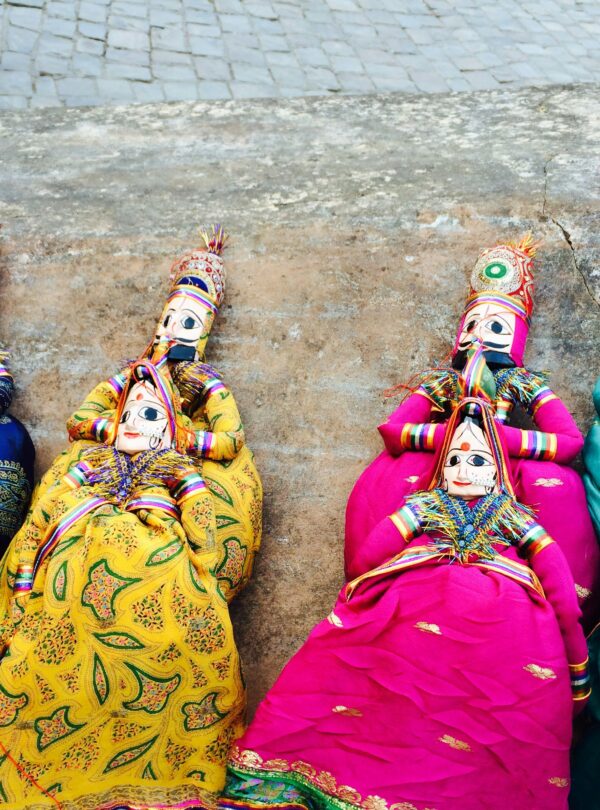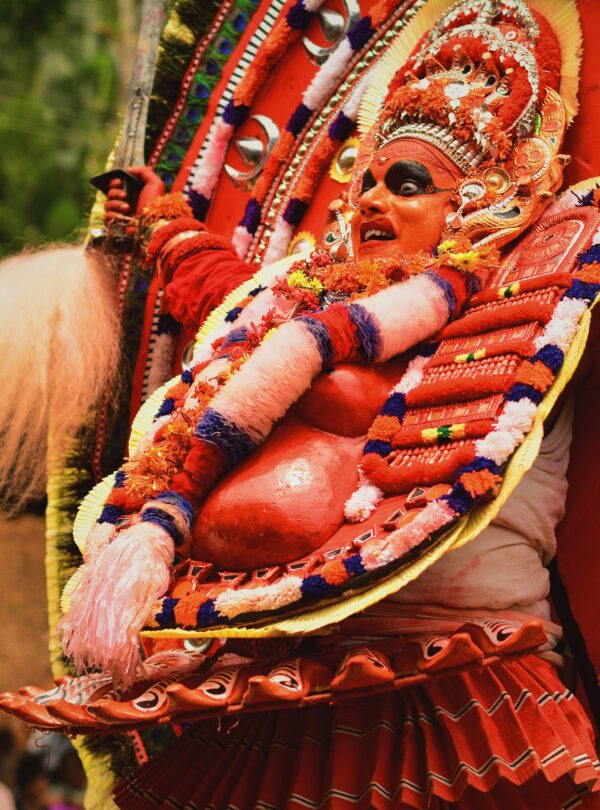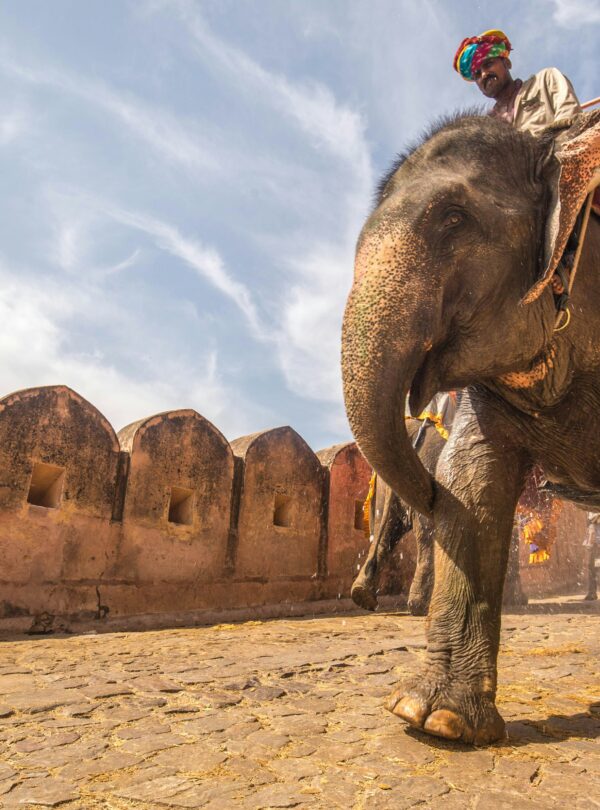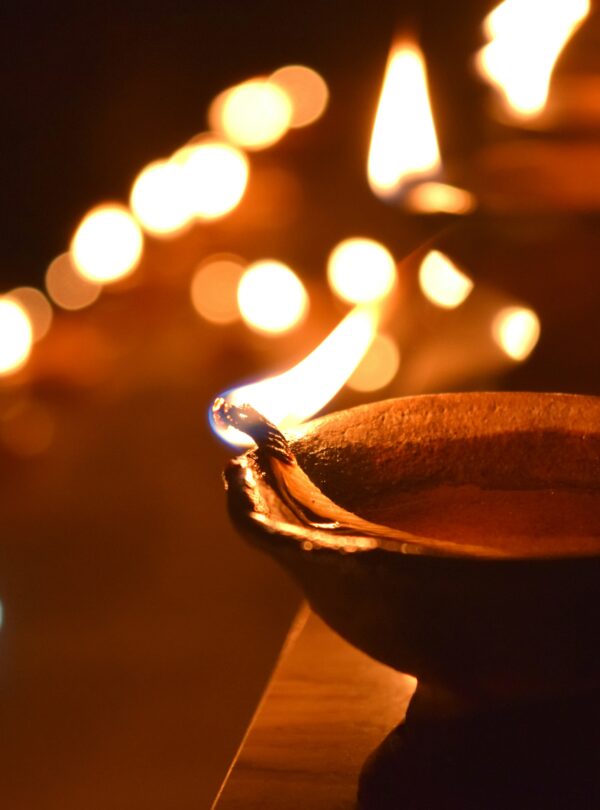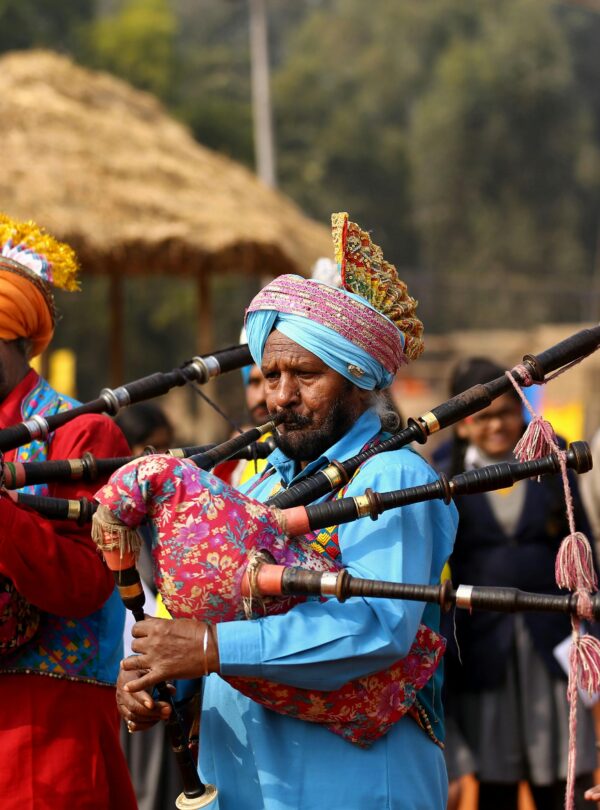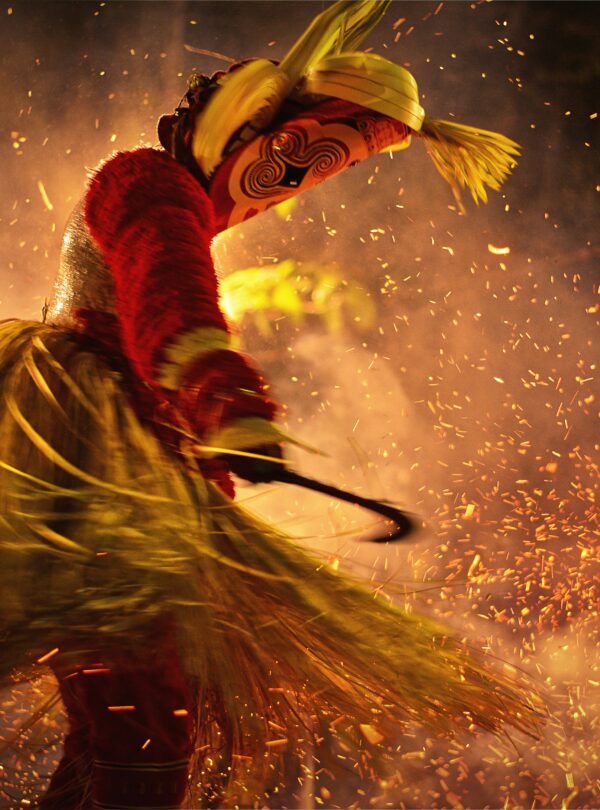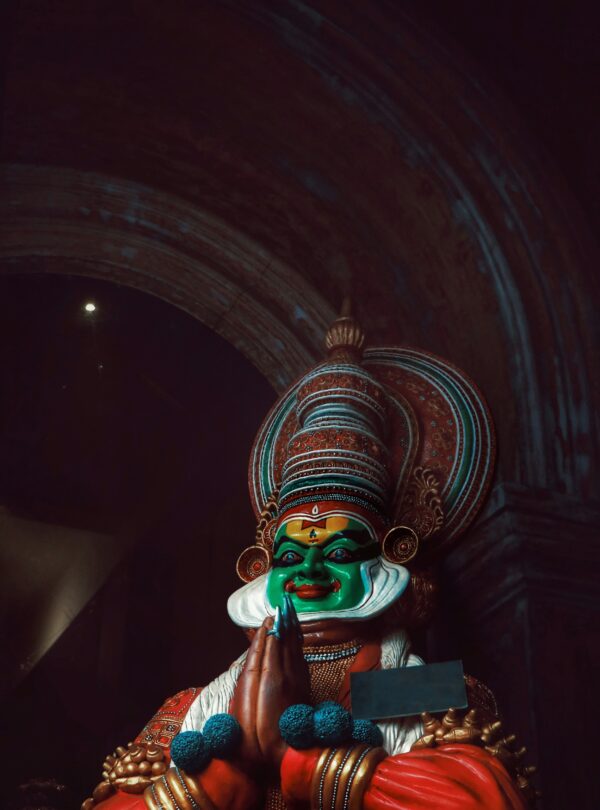- A1, 2nd floor, DDA Shed, Okhla Industrial Area Phase 1, New Delhi 20
- 10:00 A.M. - 6 P.M. Monday to Saturday
Step into the heart of South India with Tripigo.in and experience the vibrant village culture, traditional festivals, and sacred poojas that define rural life in the region. From ancient rituals to village celebrations, immerse yourself in the cultural richness of South India.
The village culture in South India is a reflection of its deep-rooted traditions and simple, yet meaningful lifestyle. The villages here are closely knit, with a strong focus on community, family, and spirituality. Life revolves around agricultural practices, temple rituals, and the celebration of festivals that honor local gods and goddesses.
Agriculture plays a vital role in the villages of South India. Farmers work together to celebrate the harvest, and many festivals are directly linked to agricultural cycles, such as Pongal in Tamil Nadu and Onam in Kerala. Villagers gather in their temples to give thanks for the harvest and pray for a prosperous future.
Temples form the cultural backbone of village life. These sacred spaces are where locals gather for daily poojas, prayer services, and festivals. The temples are often dedicated to local deities, and their rituals reflect the unique spiritual practices of the region.
Festivals in South India are colorful, vibrant, and filled with cultural significance. They often involve a blend of religious rituals, music, dance, and elaborate celebrations that bring the entire village together. Here are some of the most popular traditional festivals in South India:
Pongal is one of the most important festivals in Tamil Nadu, celebrated as a harvest festival. Villages celebrate this festival by decorating their homes with kolams (floor art), preparing the traditional Pongal dish, and offering prayers to the Sun God for a good harvest. The festival also features bull-taming sports like Jallikattu, which draws huge crowds.
Onam is a harvest festival celebrated primarily in Kerala. The entire village participates in the festivities, which include the creation of elaborate flower carpets (Pookalam), boat races (Vallam Kali), and the famous Onam feast. Poojas are conducted in homes and temples, and people of all backgrounds come together in joyous celebration.
Ugadi marks the New Year for people in Karnataka, Andhra Pradesh, and Telangana. The festival is celebrated with poojas in temples, home decorations, and special dishes like Ugadi Pachadi. It symbolizes the beginning of a new agricultural year and is filled with vibrant cultural activities.
The Karaga Festival in Bangalore is celebrated by the Tamil and Kannada communities in honor of the goddess Draupadi. This festival is one of the oldest and most colorful, involving elaborate rituals, a grand procession, and the carrying of the Karaga (a decorated pot) on the head by devotees.
Dussehra, or Vijaya Dashami, is celebrated to mark the victory of good over evil. In South India, it is observed with grand poojas, processions, and cultural performances in temples. The Mysore Dussehra is especially famous, featuring a royal procession, a torch-lit parade, and a variety of traditional dances.
The poojas and rituals performed in South Indian villages are a key part of the spiritual and cultural life. The poojas are dedicated to deities who are believed to protect the village, its people, and their crops. These rituals are an essential part of local festivals, and each pooja holds a distinct significance.
Most villages in South India start their day with early morning aartis and bhajans (devotional songs) at the local temple. These are simple, yet powerful, prayers that invoke blessings from the divine. The entire village often joins in the aarti to seek the blessings of the gods.
Kumbabishekam is a significant pooja that takes place during temple renovations. It involves the consecration of a temple or deity, and is often accompanied by elaborate rituals, processions, and offerings. This ritual is deeply symbolic and marks a new phase in the temple's spiritual significance.
Pradosham Pooja is a special evening prayer held on the 13th day of every lunar fortnight in temples dedicated to Lord Shiva. This pooja is believed to remove negative influences and bring peace and prosperity to the villagers.
Vastu Pooja is performed to ensure harmony and prosperity in homes and new constructions. Villagers perform this pooja before starting any new construction or major changes to ensure divine blessings for the house and its inhabitants.
Dive into the heart of South India's village culture and witness its timeless festivals and rituals. Let Tripigo.in help you plan a memorable cultural journey to the rural heartlands of South India.
